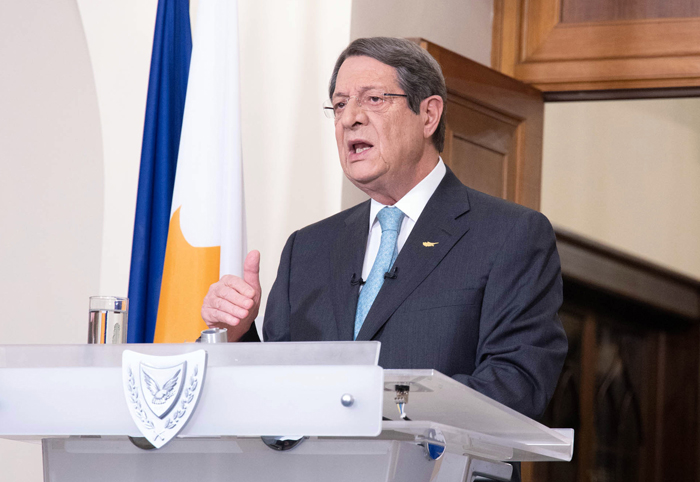Moscow – The Netherlands disagrees with the Russian proposal to amend their tax treaty, as “it takes too limited account of real economic activities” the Russian News Agency (TASS) quoted the press officer of the Dutch Finance Ministry, Remco Raus, as saying earlier this week.
“This proposal therefore has negative consequences for both the Dutch and Russian businesses,” Raus pointed out, adding that “various Dutch companies – both listed and non-listed – are developing activities in Russia and vice versa. Both Russia and the Netherlands benefit from retaining these economic activities.”
Russia proposed increasing the tax on dividends and interest for Russia-focused companies registered in the Netherlands to 15%, following successful deals with Cyprus, Luxembourg and Malta earlier this year on very similar terms.
The Netherlands is considered one of Cyprus’ main competitors in the International Business Centers arena and a prolonged impasse or failure to reach an agreement can only benefit the island.
Last week, Russia’s Finance Ministry announced that it had begun to develop a bill to denounce the tax agreement with the Netherlands. The department noted that before that, the parties had passed several rounds of negotiations to amend the agreement on the avoidance of double taxation in terms of increasing the withholding tax to 15% in respect of dividends and interest.
The Ministry announcement added that the conditions Russia offered the Dutch side are similar to those that had already been agreed with Cyprus, Luxembourg and Malta, but the negotiations were unsuccessful.
In turn, the Russian side did not support the approach to changing the agreement proposed by the Netherlands, since it provided for the preservation of separate channels for the withdrawal of funds from the country.
According to the Russian Finance Ministry, under the current agreement, significant resources were withdrawn to the Netherlands in the form of interest and dividend payments. The volume of such payments amounted to more than 457 billion rubles ($6.2 bln) in 2017, more than 412 billion rubles ($5.6 bln) in 2018 and more than 339 billion rubles ($4.6 bln) in 2019.
The Dutch side insists that it has made “constructive proposals to preserve the tax treaty for real economic activities whilst preventing access to activities that do not contribute to the economy in line with the Dutch policy to combat tax avoidance,” adding that discussions on the revision of the tax treaty are still ongoing.




